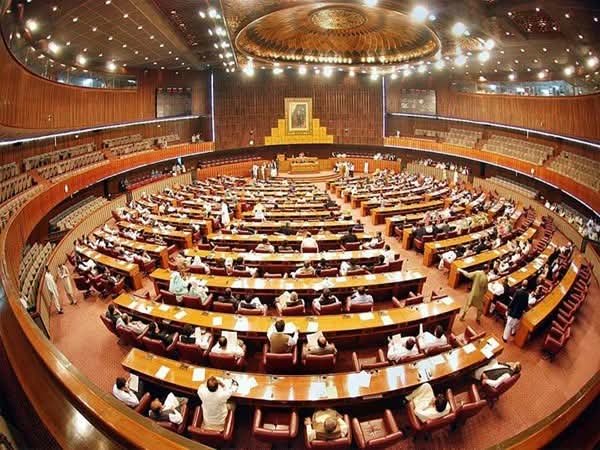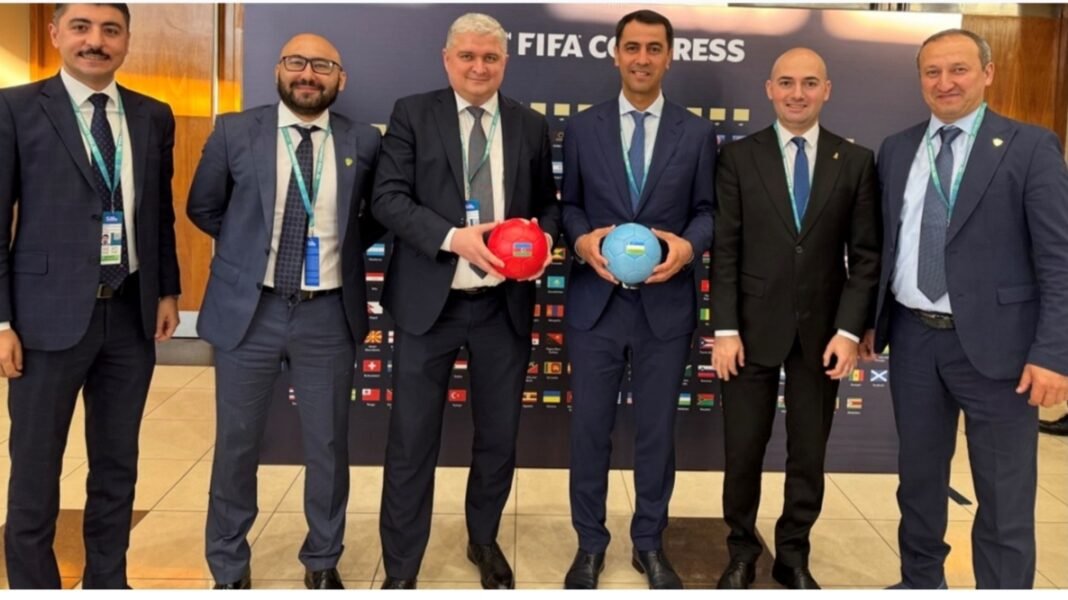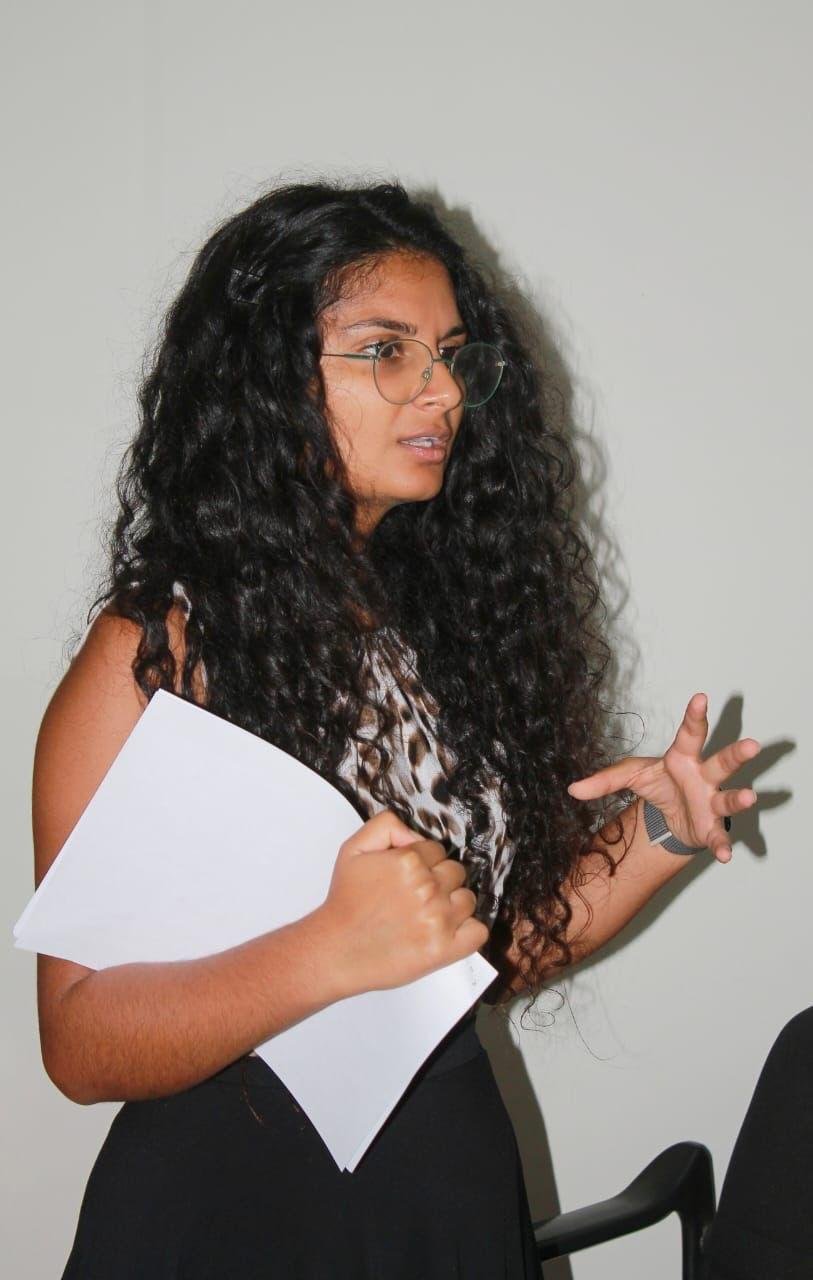
Standardizing Marriage Age to 18: A Human Rights Obligation, Not a Choice
Islamabad : Child marriage continues to plague Pakistan as a deeply entrenched issue, robbing millions of girls and boys of their childhood, education, health, and prospects for a dignified future. It is a practice rooted in harmful traditions, gender inequality, and economic pressures, and it persists despite various legislative attempts and constitutional guarantees. The Islamabad Capital Territory has made commendable progress with the Child Marriage Restraint (Amendment) Act, 2025, setting 18 years as the legal minimum age for both sexes. The recent amendment in the Islamabad Capital Territory, which sets 18 years as the minimum legal age of marriage for both girls and boys, has been widely welcomed by civil society organizations, rights-based groups, and child protection advocates as a long-overdue and progressive step toward safeguarding children’s rights. However, it has also attracted criticism from various segments of society, including those who view it through a narrow cultural or religious lens. The amendment is currently under challenge in the Federal Shariat Court, reflecting the ongoing tensions between legal reform and traditional interpretations. It is crucial to move beyond the taboos that cloud this debate and to frame the issue clearly as one of fundamental human rights. Early marriage is not a private cultural matter—it is a violation of a child’s right to education, health, bodily autonomy, and a life free from violence. Recognizing and addressing it as a rights issue is essential for building a society where the dignity and potential of every child are protected and upheld. Therefore, this progress must not remain limited to ICT—it should become the nationwide standard.
There is an urgent need to establish 18 years as the minimum legal age of marriage for both girls and boys across all of Pakistan, including provinces and federally administered territories in accordance with the Constitution of Pakistan, our international commitments, and above all, the best interests of children. Most importantly, it must be implemented uniformly nationwide.
Currently, the legal landscape on marriage age in Pakistan is fragmented and discriminatory. The Sindh Child Marriage Restraint Act (2013) sets the age of marriage at 18 for both boys and girls. In contrast, Punjab, Khyber Pakhtunkhwa, and Balochistan continue to follow outdated provisions of the Child Marriage Restraint Act of 1929, which sets the minimum age for girls at 16 and for boys at 18. This not only perpetuates gender-based discrimination but also contradicts constitutional guarantees under Articles 25 and 25A, which ensure equality before the law and the right to education for all children.
Setting 18 years as the minimum legal age of marriage is grounded in constitutional, Islamic, and human rights reasoning. It is constitutional because the Constitution of Pakistan protects the right to life (Article 9), education (Article 25A), and equality (Article 25). Marrying girls off before 18 violates these rights by curtailing their education, exposing them to health risks, and reinforcing systemic inequality. It is not un-Islamic, as countries like Egypt, Morocco, Tunisia, Turkey, Jordan, and Algeria—all Muslim-majority—have set the legal marriage age at 18. Even Saudi Arabia, once resistant to such reforms, now requires judicial approval for marriages below 18. The Federal Shariat Court of Pakistan, in the case of Ali Azhar vs Province of Sindh, ruled that setting a minimum age for marriage is not against Islam. These examples confirm that Islamic principles, especially those centered around protection and maturity (rushd), support such reforms. It also protects health and education. According to UNICEF’s 2023 estimates, approximately 18% of girls in Pakistan are married before they turn 18. Early marriage is one of the leading causes of school dropout among girls, denying them access to higher education and sustainable livelihoods. It also exposes them to early pregnancies, which the Pakistan Demographic and Health Survey (PDHS) 2018 associates with higher maternal mortality, preterm births, and malnutrition. It is also a tool against poverty. Girls who marry early are less likely to contribute to the formal economy and more likely to become dependent on their spouses. Child marriage entrenches poverty by halting generational mobility and reinforcing gendered economic roles.
Legal precedent within Pakistan also supports this reform. In the landmark case Azka Wahid vs Province of Punjab, the court explicitly recognized that the 16-year marriageable age violates both the right to equality and right to education. The judgment reiterated the need for a uniform minimum marriage age, referencing Pakistan’s international commitments under CEDAW and the Convention on the Rights of the Child. Furthermore, religious objections have been carefully addressed. The Federal Shariat Court’s endorsement of Sindh’s marriage law confirms that Islam supports state regulation in matters concerning children’s welfare, thus debunking the narrative that this reform is in conflict with religion.
The implications of child marriage extend beyond individual lives. The practice also increases girls’ exposure to domestic violence, with many lacking legal literacy or support systems. The floods of 2022, which affected over 33 million people, disproportionately impacted women and girls. Human Rights Watch and local NGOs reported increased instances of child marriages in relief camps as families attempted to cope with displacement and poverty. This points to the compounding effect of climate-induced disasters on gendered vulnerabilities and the importance of protective legal frameworks.
Standardizing the legal age of marriage at 18 years is not just a legislative requirement—it is a moral, constitutional, and developmental necessity. It reflects a national commitment to protecting children, empowering girls, and fulfilling Pakistan’s domestic and international obligations. Laws must reflect reality, reason, and rights. A standardized marriage age is a step toward equality, justice, and a brighter future for millions of Pakistani children. The time to act is now.
Sohail Majeed is a Special Correspondent at The Diplomatic Insight. He has twelve plus years of experience in journalism & reporting. He covers International Affairs, Diplomacy, UN, Sports, Climate Change, Economy, Technology, and Health.





![logo-1[1]](https://globalnewspakistan.com/wp-content/uploads/2025/01/logo-11-e1737618310315-300x187.png)